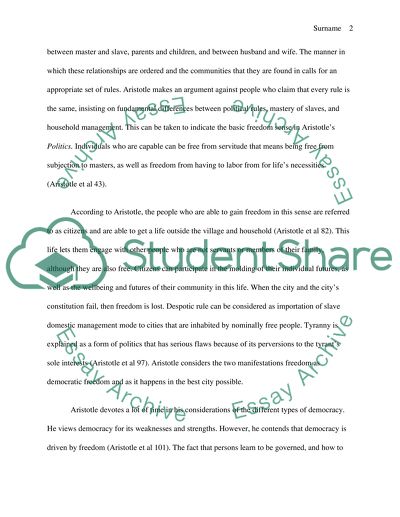Cite this document
(“The presupposition of the democratic sort of regime is freedom Essay”, n.d.)
The presupposition of the democratic sort of regime is freedom Essay. Retrieved from https://studentshare.org/history/1476433-the-presupposition-of-the-democratic-sort-of
The presupposition of the democratic sort of regime is freedom Essay. Retrieved from https://studentshare.org/history/1476433-the-presupposition-of-the-democratic-sort-of
(The Presupposition of the Democratic Sort of Regime Is Freedom Essay)
The Presupposition of the Democratic Sort of Regime Is Freedom Essay. https://studentshare.org/history/1476433-the-presupposition-of-the-democratic-sort-of.
The Presupposition of the Democratic Sort of Regime Is Freedom Essay. https://studentshare.org/history/1476433-the-presupposition-of-the-democratic-sort-of.
“The Presupposition of the Democratic Sort of Regime Is Freedom Essay”, n.d. https://studentshare.org/history/1476433-the-presupposition-of-the-democratic-sort-of.


